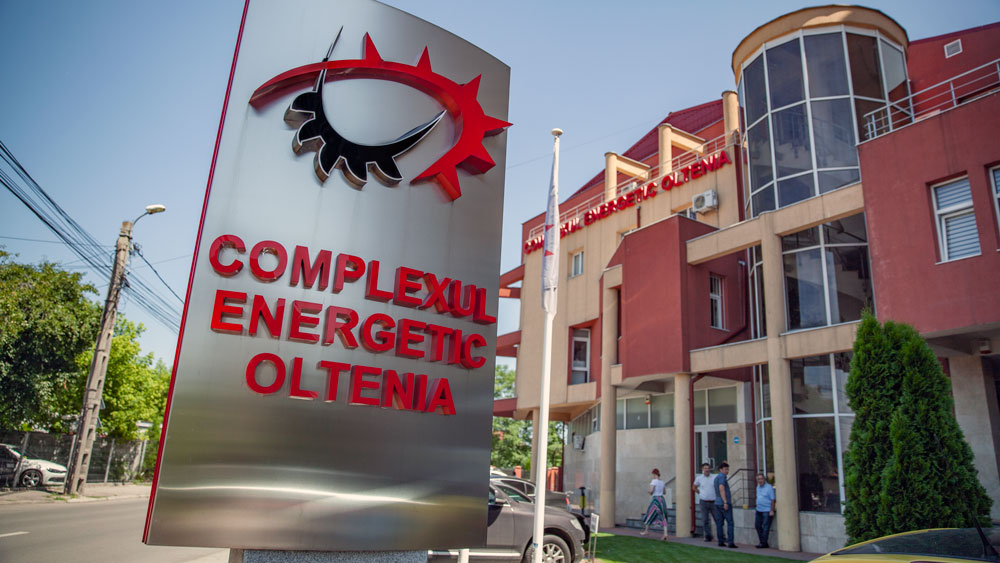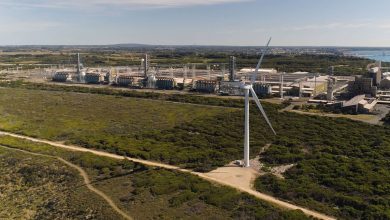Bankwatch Romania Warns of Potentially Unlawful State Aids Granted to Complexul Energetic Oltenia
Bankwatch Romania has requested the European Commission (EC) to analyze the state aids granted to Complexul Energetic Oltenia (CEO) by the Government of Romania for expropriations for the expansion of several quarries and payment of CO2 emission allowances.
It is about the expropriations on the expansion of Jilt Nord, Jilt Sud, Rosia and Rosiuta quarries in 2015 and 2018, subsidized by Government Decisions, as well as for the ash deposit in the Monastery Valley, in which case the decision has not yet been adopted. Thus, CEO has received state aids worth EUR 6.6mln for the payment of expropriations and would be subsidized with further EUR 580 thousand for expropriations in the case of the deposit.
The state aids have not been notified to the European Commission before granting and are not compatible with the European rules. The latter do not allow support schemes for the extraction of fossil fuels. Although the project is considered “of public utility of national interest”, the Government has not brought clear evidence to show that the expansion of quarries is a necessity for the security of energy supply, these motivations being mandatory in these cases.
In the case of CO2 emission allowances, the state aids have been granted in the form of loans and guarantees from EximBank, a state-owned bank, for the payment of allowances for 2018, and a rescue loan without interest granted by the treasury for the allowances related to 2019. But the aids contradict the purpose for which the EU scheme for the sale of CO2 allowances has been created, to decarbonize the European energy system.
“As any energy producer, Complexul Energetic Oltenia should cover its expenses with CO2 emission allowances from its own budget. It is clear that by 2030 we will not be able to rely on coal – it is already too costly and polluting. The Romanian state should no longer ignore the opportunities for just transition and use the state budget for the development of mining regions, not to artificially keep alive an outdated technology,” said Alexandru Mustata, campaign coordinator at Bankwatch Romania.
Specifically, for 2018, EximBank granted to CEO a loan worth EUR 17mln and 70% of the guarantees for loans of EUR 89mln from private banks. For the same purpose, the Government planned in 2019 to grant a support scheme named the “adequacy tax for CEO”, under which for 10 years all energy consumers would have contributed to the payment of 67.7 million emission allowances (around EUR 1.8bn). The intention has not been communicated to Brussels, but the Government has not made a final decision in this regard either.
A second scheme is that of rescue aid worth EUR 251mln without interest, which will be granted for the allowances in 2019 by the National Treasury. If CEO fails to reimburse the amount within 6 months, which is very likely given the debts of the company, it will also receive a restructuring aid. The complaint also motivates why the rescue aid should not be approved: the support scheme for restructuring will be used in practice to build gas-fired units, i.e. replacing a fossil fuel with another.
If the CE were to decide that the state aids for expropriations or for the payment of allowances were illegal, the money granted will have to be recovered. In the context where the EC has called on ceasing subsidies for fossil fuels within the European Green Deal proposal, it is difficult to believe that the aids for CEO or to other companies generating emissions can be granted in the future.
About Bankwatch Romania
Bankwatch Romania is an association established in 2012, whose purpose is to prevent the negative environmental and social impact of public and private projects and to promote sustainable alternatives and public participation in decision making. The main activity of the association is the reduction of pollution in the energy sector, with an emphasis on reducing the use of fossil fuels.







